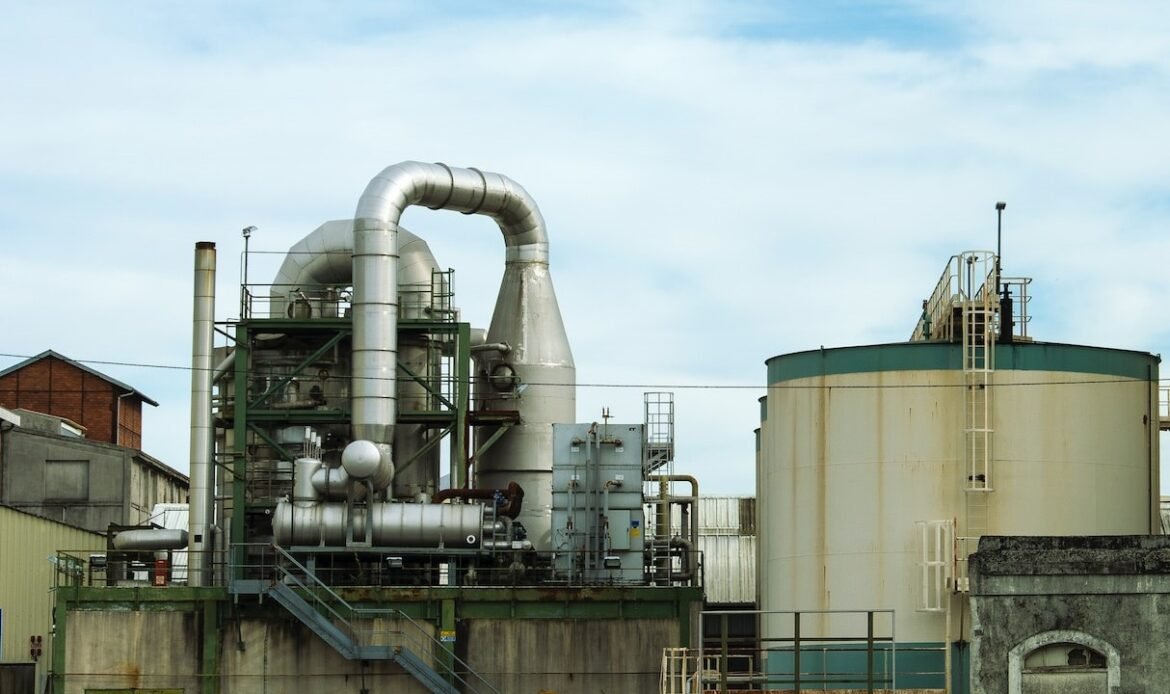Brazil’s state-owned oil company announces large price cuts on energy commodities for local markets after ditching USD international pricetag.
Brazil announced that it will break away with the US dollar when pricing for the local market, putting an end to pegging domestic prices with the green note, AFP reported on Tuesday.
State-owned oil company Petrobras said it will still be using fuel prices in the international market as a benchmark to determine how much individuals would pay at the pump.
The decision “puts an end to the mandatory subordination (of prices) to the import parity price” in US dollars, said the energy company in a statement.
With this measure, Brazilian President Lula da Silva would have fulfilled one of his campaign’s main promises to “Brazilianize” the firm’s pricing policy and end the old one aimed to “please investors, to the detriment of the Brazilian people.”
Following the announcement, Petrobras introduced significant cuts to energy prices: 12.6% for gasoline, 12.7% for diesel, and 21.4% for cooking gas.
“I am particularly happy, and I think the people will be too,” Lula said in a video posted to his Twitter account after the policy change.
“More than a campaign commitment, it is a victory of the people… And it is only the beginning. We are going to invest in industry and the generation of jobs,” he added.
Ending a 2016 legislation to set prices in the USD, Petrobras chief Jean-Paul Prates, a former senator assigned to the position by Lula in January after the latter took office, said that decision will make the energy firm “more efficient and competitive.”
“We will continue to be the market reference, without abdicating the (company’s) competitive advantages,” Prates added.
The company’s shares jumped almost 2.2% following the announcement at market close.
Expecting a more radical government intervention, market concerns calmed after Prates’ statement.
“The market was expecting something much worse, a direct intervention,” said an oil industry expert.
Prates told reporters there would be “no intervention” by the government in price-setting, adding that competitiveness and profitability” are guaranteed.
This article was originally published by Al Mayadeen English.



